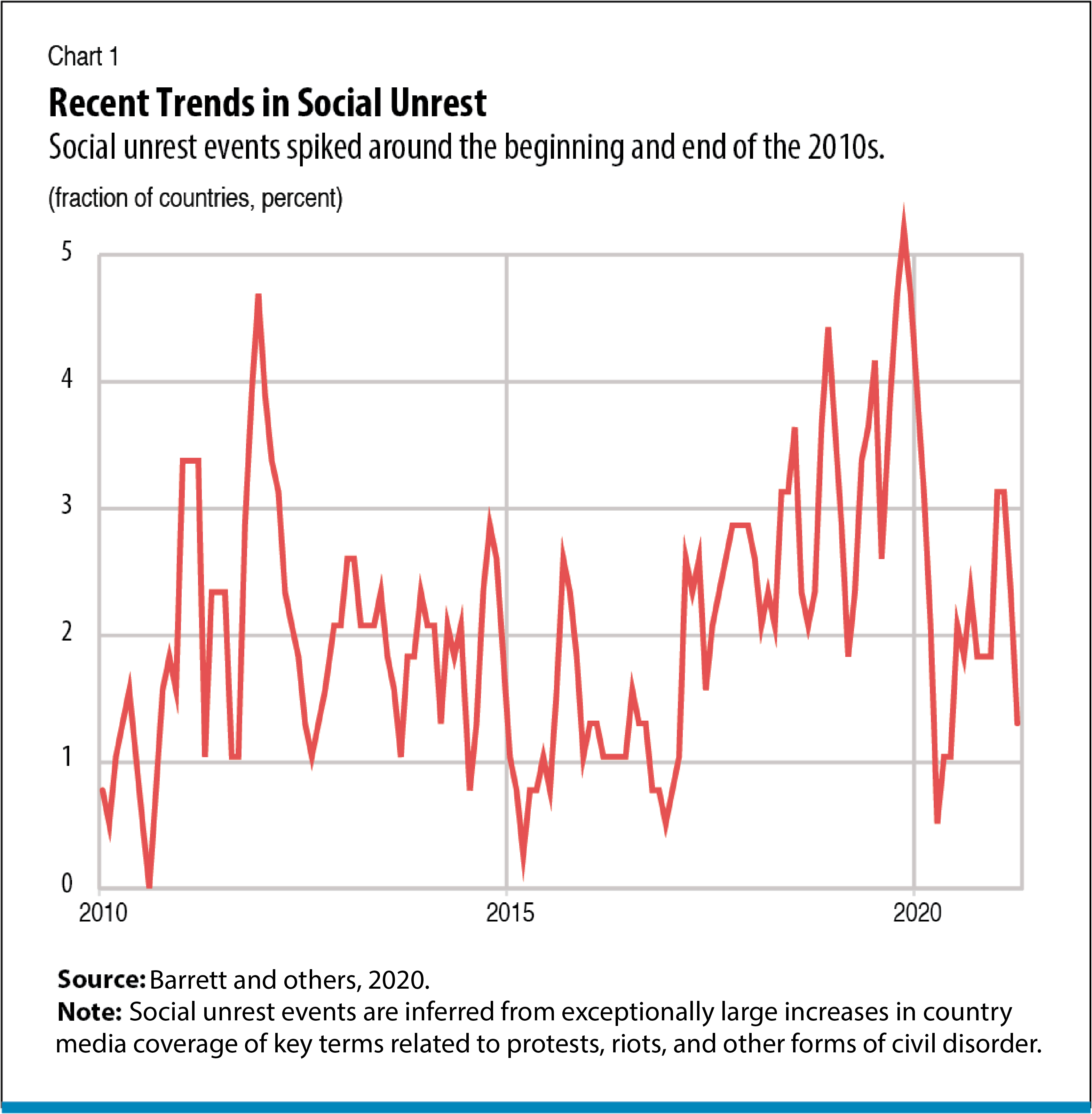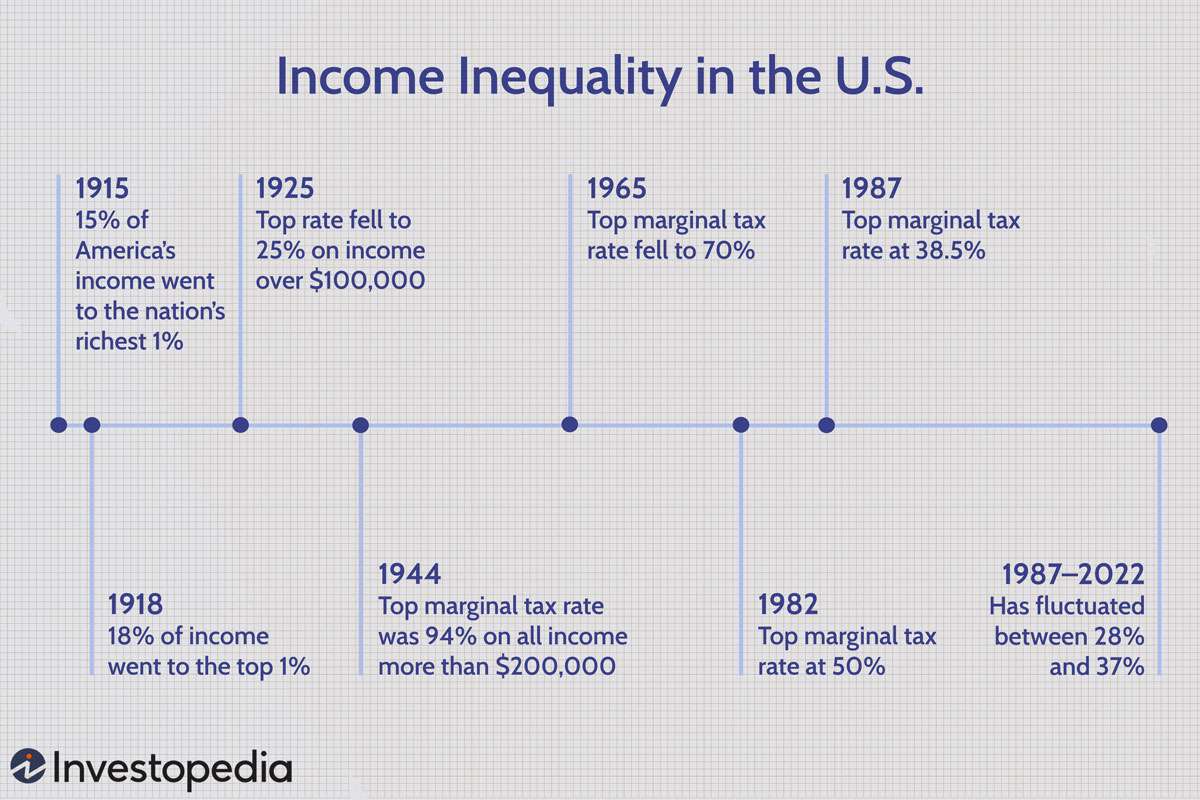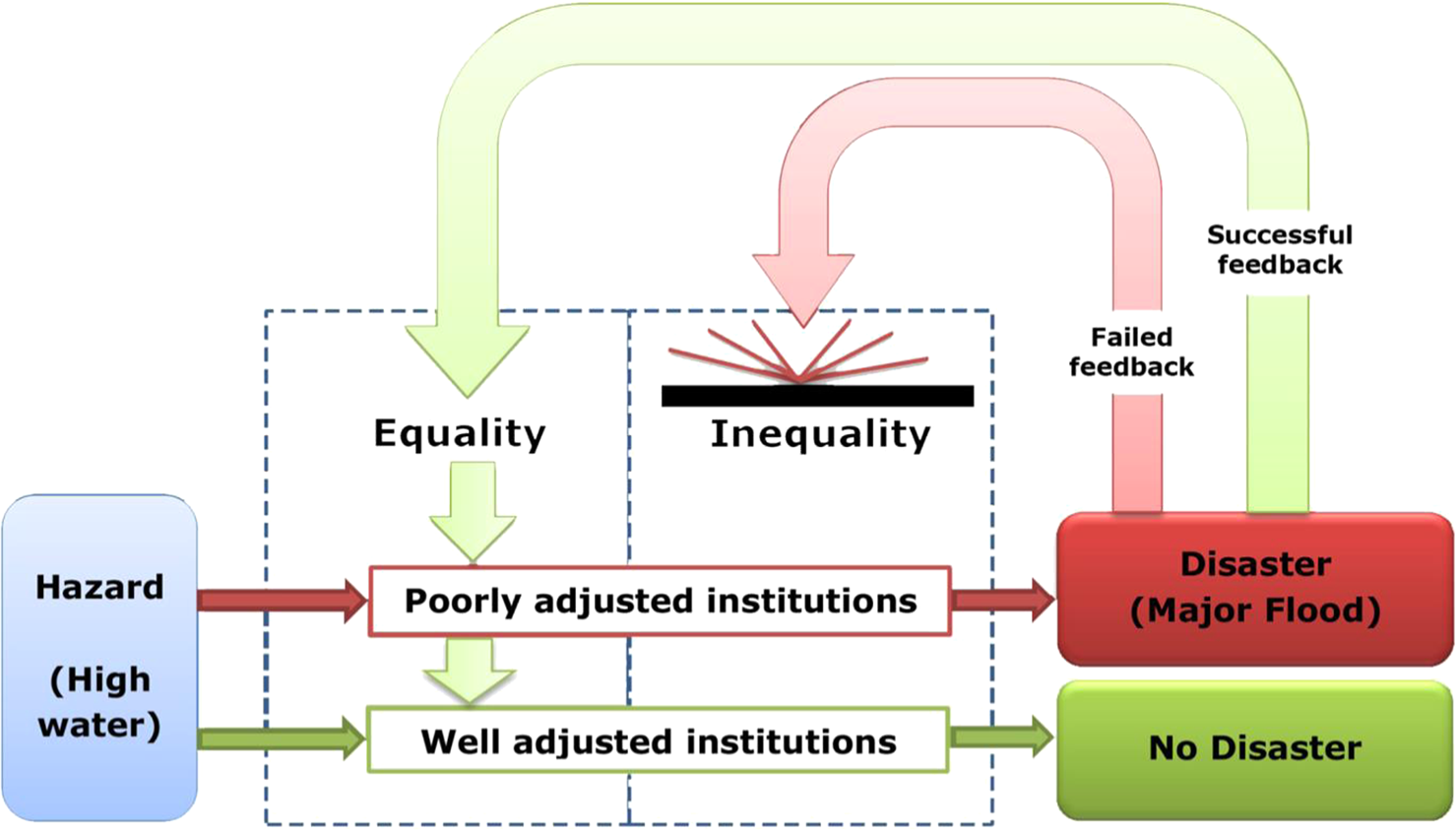Over the course of history, the world has witnessed various historical events that have shaped societies and left lasting impacts. While many factors contribute to these events, one constant element that often plays a significant role is economic inequality. The unequal distribution of wealth and resources can have profound effects on societies, leading to social unrest, political upheaval, and even revolutions. In this article, we will delve into the relationship between economic inequality and historical events.
Economic Inequality: A Global Challenge
Economic inequality is a global challenge that has persisted throughout history, albeit to varying degrees. It refers to the unequal distribution of wealth, income, and opportunities within a society. When a significant portion of a population experiences poverty, while a small portion enjoys immense wealth, it creates a stark contrast that can lead to discontent and social tension.
In times of extreme economic inequality, historical events often emerge as a result of the people’s struggle for a fairer society. The French Revolution in the late 18th century, for example, was fueled by the stark contrast between the impoverished masses and the extravagant lifestyles of the French monarchy. The revolutionaries demanded equal rights, justice, and an end to the oppressive economic system that favored the aristocracy.
Colonialism and its Impact
Another aspect closely linked to economic inequality and historical events is colonialism. During the colonial era, powerful nations exploited weaker nations to extract resources and build their own wealth. This resulted in severe economic disparities between the colonizing and colonized countries.
The effects of colonialism can still be seen in many parts of the world today. Decades after gaining independence, some nations continue to struggle with economic inequality as a direct consequence of their colonial past. Historical events, such as the fight for independence and self-determination, have occurred in these countries as a result of the desire to alleviate economic disparities inherited from the colonial era.
The Great Depression and Social Upheaval
The Great Depression of the 1930s is a prime example of an economic crisis leading to social upheaval on a global scale. The crash of the stock market in 1929 caused widespread economic hardship, mass unemployment, and poverty. The stark divide between the rich and the poor became more evident than ever before.
Historical events influenced by the economic inequality of the Great Depression include the rise of fascism in Europe and the New Deal policies in the United States. Populist movements gained traction as frustrated populations sought solutions to the economic hardships they faced. These events ultimately led to substantial political and social changes that shaped the course of history.

Credit: www.imf.org
Modern Economic Inequality and Social Movements
Even in modern times, economic inequality continues to influence historical events. The Occupy Wall Street movement, which emerged in 2011, is a notable example. It was a response to the economic disparities between the wealthy 1% and the remaining 99% of the population. The movement advocated for economic justice and raised awareness about the impacts of income inequality.
Social movements such as the Arab Spring, which swept across the Middle East and North Africa in 2010, were also fueled, in part, by economic grievances. High levels of unemployment, corruption, and limited economic opportunities led to widespread dissatisfaction and ultimately sparked revolutionary movements.
The Future of Economic Inequality
As we look to the future, it is crucial to address economic inequality to prevent further historical events driven by social and economic disparities. Governments and policymakers must strive to implement equitable economic policies that promote inclusive growth, equal opportunities, and social justice.
Education and awareness also play a vital role in tackling economic inequality. By promoting financial literacy and empowering individuals with the knowledge to navigate the economic landscape, societies can strive towards a more balanced distribution of resources and opportunities.
In conclusion, the relationship between economic inequality and historical events is undeniable. Throughout history, economic disparities have fueled social unrest, political movements, and revolutions. Understanding this relationship is crucial in order to address the challenges of economic inequality and shape a more equitable and just future for all.
Frequently Asked Questions Of Explore The Relationship Between Economic Inequality And Historical Events.
Faq 1: What Historical Events Have Contributed To Economic Inequality?
Historical events such as colonization, industrialization, and the Great Depression have all played a significant role in shaping economic inequality.
Faq 2: How Does Economic Inequality Impact Society?
Economic inequality can lead to social unrest, hinder social mobility, create disparities in education and healthcare, and amplify crime rates.
Faq 3: What Are Some Strategies To Address Economic Inequality?
Policies that focus on progressive taxation, income redistribution, access to quality education, and job creation can contribute to addressing economic inequality.
Faq 4: How Does Economic Inequality Affect The Overall Economy?
Economic inequality can impede economic growth, as it limits consumer spending, reduces entrepreneurial opportunities, and creates unstable markets.
Guest Author Sakhawat-Shuvo wrote and edited this Article based on his best knowledge and understanding. These opinions and remarks are not endorsed or guaranteed by epichistoria.com or EpicHistoria. The Epic Historia does not guarantee this article’s content. Readers should verify and use their judgment before trusting the content. Also, the Images used in this Article are the copyright of their Respective Owners. Please use our Comment Box or Contact Us form to report this content. This information is not accountable for losses, injuries, or damages.


